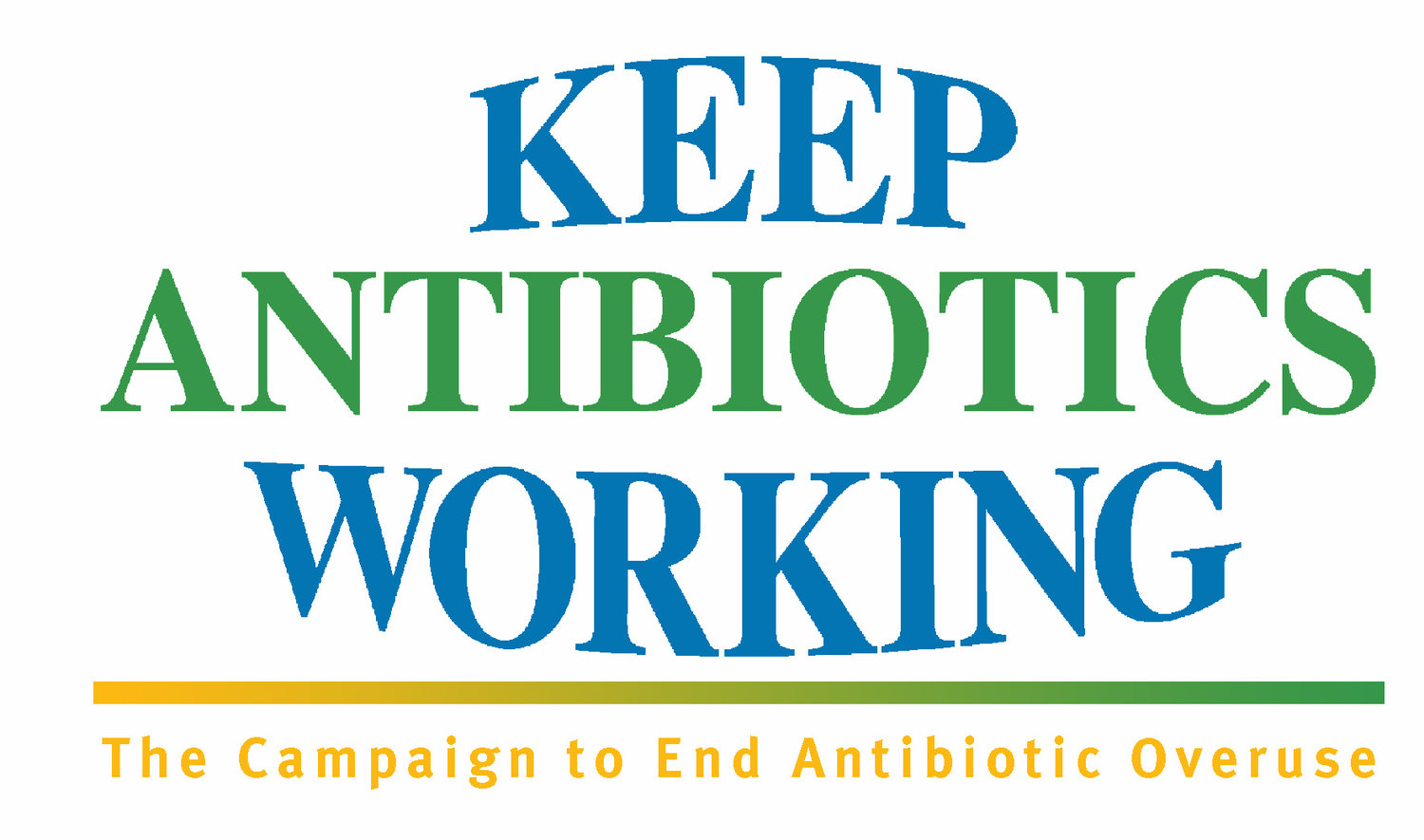The FDA Should Control the Spread of Superbugs by Stopping the Overuse of Antibiotics on Farms
STEVE ROACH , FOOD SAFETY PROGRAM DIRECTOR, FOOD ANIMAL CONCERNS TRUST
The overuse of antibiotics in food animals helps fuel the development and spread of antibiotic resistant superbugs. These superbugs kill someone every fifteen minutes in the United States and pose a huge threat to global public health.
The overuse of antibiotics is a large problem in the United States. By volume of sales almost two-thirds of medically important antibiotics - antibiotics that are used for treating both animal and human infections- in the U.S. are given to food animals. These drugs are often given as insurance against possible future diseases instead of being given for the treatment of diagnosed illnesses. This method represents antibiotic overuse because the amount of animals receiving drugs is much higher compared to the amount of animals that would receive drugs if farms waited for signs of disease before distributing antibiotics. If farmers can predict whether or not an animal will get sick, then they should be implementing practices to keep them healthy rather than preventatively giving them antibiotics. Food production animals require healthier homes and better food.
This overuse of antibiotics is worsened because FDA rules allow many of these drugs to be used for the entire life of the animal. For example, many cattle producers add the antibiotic tylosin, which is related to the human drug azithromycin, to the feed of cattle for the whole time the animal is on the feedlot. This really long use of antibiotics contributes to the development of antibiotic resistance and is entirely unnecessary. Feedlots use tylosin to counter the problems created by inappropriate diets that are high in grains. Cattle give a healthier diet do not require this excessive use.
Because these long uses of antibiotics clearly create the risk of antibiotic resistance, FDA would like to do something about them.
Currently, the FDA is seeking input on the best approach to set limits on how long an antibiotic can be fed to a farm animal. However, FDA’s proposed approach falls far short of what is needed. The FDA’s “Potential Approach for Defining Durations of Use for Medically Important Antimicrobial Drugs Intended for Use In or On Feed,” would allow the continued routine use of these life-saving drugs in animals that are not sick for disease prevention. The approach also allows drug companies to decide how long a drug can be used in farm animals - as long as it is not the whole life of an animal. Finally, the FDA’s plan gives drug companies until the year 2030 to make these modest changes. This is totally unacceptable. Every day that the FDA stalls this process, more resistant infections develop and more people and animals die from superbugs.
In order to prioritize the public’s health and safety and address the overuse of antibiotics on farms the FDA must implement the following actions in their approach for setting duration limits:
Prohibit the use of antibiotics in animals that are not sick.
Prohibit farms from giving an antibiotic to animals for more than 21 days.
Accelerate the timeline for action so that all of these changes are done by 2025.
Keep Antibiotics Working is developing detailed comments to send to the FDA outlining our recommendations for this process. You can submit your own comments as well up until the June 11 deadline using this link. Antibiotic resistance profoundly affects us all. We need antibiotics for not only life saving operations, but for cesarean sections, chemotherapy, transplants, and common infections. The agency must speedily take action and ensure the judicious use of antibiotics on farms and animal production facilities.
